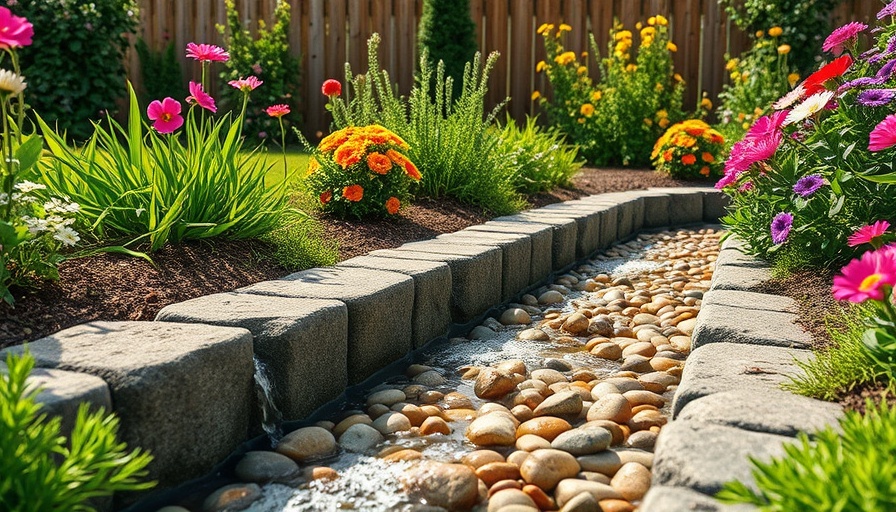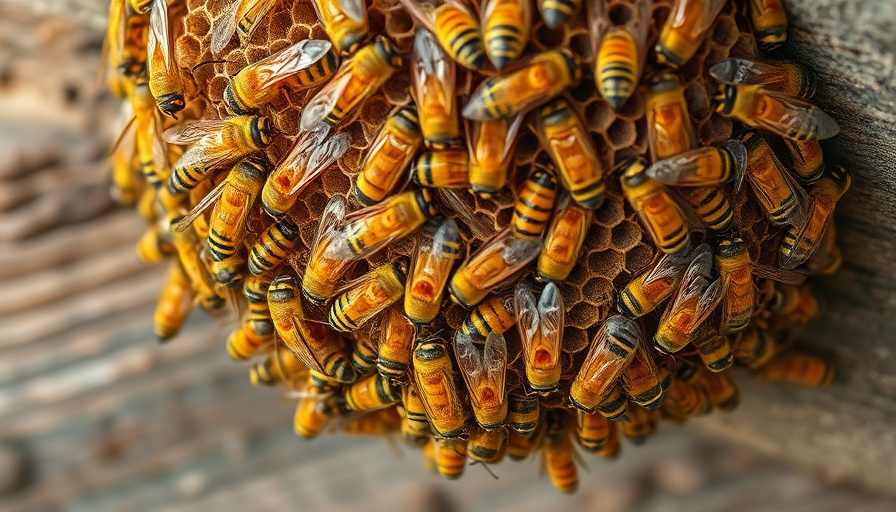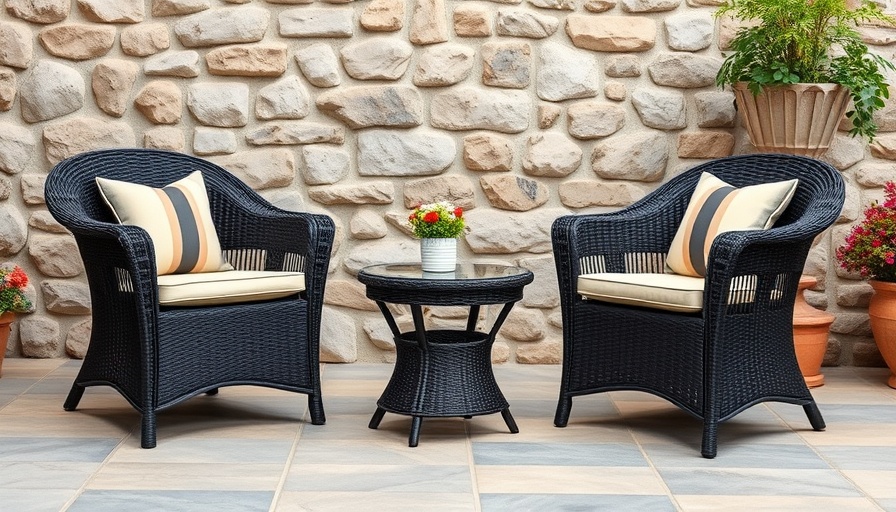
The Crucial Role of Garden Drainage in Plant Health
For both avid gardeners and professional landscapers, understanding the importance of garden drainage cannot be overstated. Proper drainage is pivotal in ensuring that your plants are not only thriving but also free from diseases caused by excess moisture. A balanced water supply is essential; too much can create an anaerobic environment leading to root rot, while too little can result in dried-out plants.
Assessing and Meeting Your Garden's Drainage Needs
The first step towards optimal garden drainage is assessing your soil's current condition. A percolation test is a simple yet effective method for this. By digging a one-foot deep hole and filling it with water, you can measure how quickly it drains. This test reveals whether your garden needs remediation to improve drainage or perhaps retained moisture.
Choosing the Right Plants for Your Soil Type
Not all plants thrive under the same moisture conditions. Some prefer well-drained areas, while others flourish in water-logged environments. Understanding your soil type allows you to select suitable plants that not only survive but thrive within your garden’s unique drainage conditions.
Enhancing Soil Structure for Improved Drainage
Improving soil structure can significantly enhance its drainage capability. Adding organic matter, such as compost or manure, can not only enrich the soil but also aid in breaking up heavy clay soils. For extreme conditions, consider mixing in sand or grit to facilitate better water movement.
The Benefits of Raised Beds
Raised garden beds provide an attractive solution while promoting excellent drainage. By elevating the planting area, you minimize water pooling around the roots and allow for better runoff. This method proves especially useful in regions with heavy rainfall or poor drainage.
Implementing Advanced Drainage Solutions
In cases of significant drainage challenges, installing a drainage system like French drains or gravel trenches might be necessary. Choosing the right solution requires careful evaluation of the landscape and understanding how water moves through your garden.
Maintaining Your Garden’s Drainage Systems
Ongoing maintenance is crucial to ensure drainage effectiveness. Regularly monitor rainfall and check for standing water. Avoid soil compaction by limiting foot and vehicle traffic in your garden, thus preserving its natural ability to absorb rainwater.
Utilizing Mulch for Optimal Water Management
Mulch is a versatile tool that not only suppresses weeds but also enhances drainage quality. Organic mulches break down over time, nourishing the soil while maintaining an open structure that facilitates water movement.
Coping with Climate Extremes
Extreme weather poses challenges for gardening, but proactive measures can be taken. Strategies such as rainwater harvesting and creating swales can redirect excess water, enhancing both drainage and conservation efforts.
Mastering garden drainage is essential for any gardener looking to create a thriving environment for their plants. By understanding your garden needs, employing the right planting strategies, and maintaining your garden effectively, you can ensure that your green space flourishes year-round.
 Add Row
Add Row  Add
Add 









 Add Row
Add Row  Add
Add 


Write A Comment